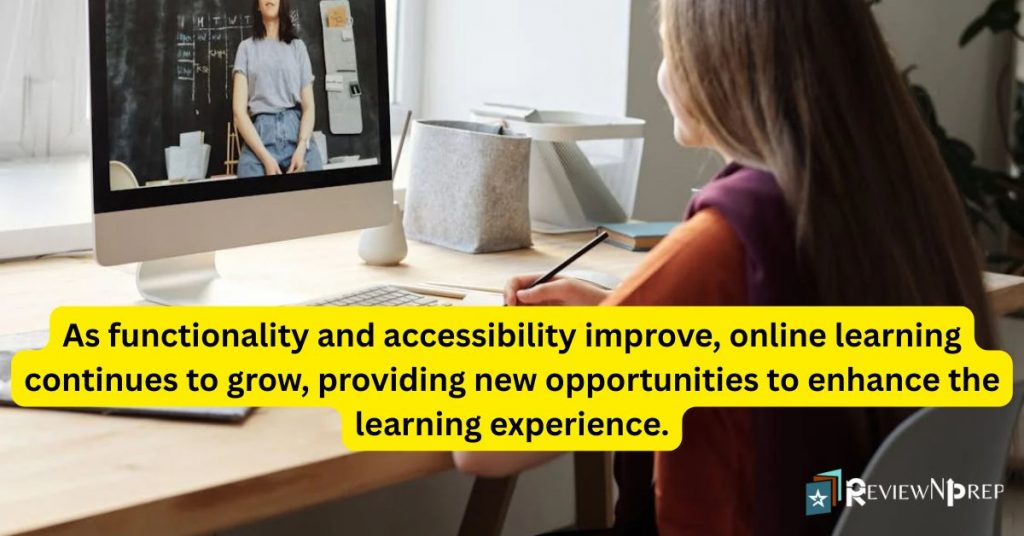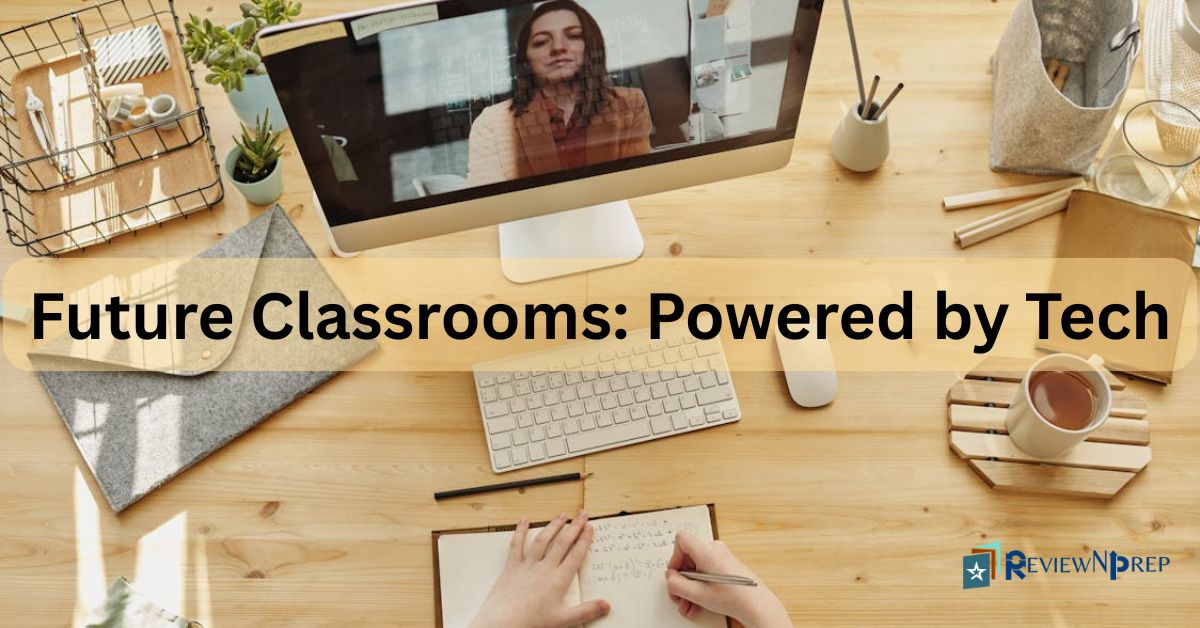In recent years, the education landscape has undergone a seismic shift, driven by technological advancements that redefine how students learn and educators teach. The advent of new tools and methodologies has influenced educational paradigms, offering personalized learning experiences and greater accessibility than ever before. With its foundations rooted in innovation, the future of learning looks promising as we explore the various technologies revolutionizing education today.
From virtual classrooms to artificial intelligence, these developments are poised to bridge gaps and empower students with knowledge and skills for the demands of tomorrow.
The Rise of Online Learning Platforms
Online learning platforms have surged in popularity, providing students with opportunities to learn at their own pace from diverse locations. These platforms host a multitude of courses ranging from traditional subjects to niche skills, giving learners the freedom to curate their educational journeys.
With estimates suggesting over 300 million online learners worldwide by 2025, the trend signifies a substantial commitment to alternative education structures. A number of organizations are capitalizing on the convenience of digital methods, leading to an increase in student engagement and motivation. The flexibility of online learning is impressive, allowing students to access educational materials whenever and wherever they wish. Daily, billions of minutes are spent on educational content, reflecting a global movement toward self-directed learning.
As this mode of education becomes more mainstream, institutions are increasingly recognizing the credibility and quality of online courses. The shift toward virtual school education in Texas or your area is more than just a fleeting trend. It represents a fundamental change in how education is perceived and delivered.
Artificial Intelligence in Education
Artificial Intelligence (AI) has proven to be another influential force in the educational sector, providing personalized learning experiences and streamlining administrative tasks. AI systems can analyze student performance data, helping educators identify strengths and weaknesses effectively. By tailoring materials to meet individual needs, the learning process becomes more efficient, centering around the student’s specific requirements. Predictive analytics can drive early interventions, ensuring that students receive support before challenges escalate.
Beyond academic assistance, AI is transforming administrative roles, automating mundane tasks. Educators can spend less time on grading and paperwork and more on meaningful student interactions.
AI-driven chatbots provide instant support for students inquiring about various aspects of their learning journey. Research shows that integrating AI in education leads to increased satisfaction and improved performance among students. As technology learning advancements continue, the potential for AI to reshape education is boundless.
Making Learning Engaging
Gamification introduces game-like elements to non-gaming contexts, enhancing the learning process through increased student engagement. By incorporating rewarding experiences, educators can motivate learners to participate actively in their coursework. Research indicates that students are significantly more likely to retain information when it is tied to enjoyable activities such as games. Increasingly, educators are utilizing gamification to transform traditional curriculum into interactive and dynamic experiences.
Through badges, leaderboards, and point systems, gamification fosters healthy competition among students. Games such as Kahoot! and Quizlet have gained traction as tools for interactive learning, reinforcing knowledge in a fun manner. As these methods become more integrated into educational practices, they help to create an atmosphere where learning feels less tedious and more enjoyable. The interest in gamification aligns closely with the digital native population of students today, who gravitate toward technology-enhanced experiences.
Virtual Reality and Augmented Reality in Education
The implementation of Virtual Reality (VR) and Augmented Reality (AR) in educational settings represents a groundbreaking approach to experiential learning. These technologies immerse students in interactive environments, making complex subjects relatable and understandable. From historical reenactments to scientific explorations, VR and AR provide experiential opportunities that traditional classrooms often cannot match. Recent studies indicate that combining VR with educational programs can lead to a 75% increase in knowledge retention. This approach stimulates critical thinking and problem-solving skills by engaging students in real-time scenarios.
Medical students can practice surgeries in a risk-free environment, while history students can walk through ancient civilizations. The versatility of VR and AR has captured the imagination of educators and students alike, indicating a future where knowledge acquisition is both vivid and impactful.

The Impact of Mobile Learning
Mobile devices have become ubiquitous in our daily lives, providing additional avenues for learning. Mobile learning facilitates access to educational materials and resources at any time, promoting flexibility and independence among students. Today, even the most remote learners can connect with exceptional resources through smartphones and tablets, breaking down geographical barriers that once hindered educational access.
The constant connectivity offered by mobile devices allows students to participate in classes, access e-books and collaborate with peers seamlessly. Apps such as Duolingo, Babbel, and Khan Academy illustrate how mobile learning adapts traditional education methods for a modern audience, catering to the needs of a tech-savvy generation. As functionality and accessibility improve, mobile learning continues to grow, providing new opportunities to enhance the learning experience.
The Future Outlook
With the rapid evolution of technology, we can only speculate about what the future of education will look like. Continuous advancements will likely mesh traditional pedagogy with innovative technologies to create hybrid models that appeal to a range of learners. As students increasingly seek customized educational experiences, schools and institutions must adapt to the growing demand for personalized learning paths. Strategies combining technology and human interaction may emerge as effective models moving forward, ensuring that learners receive a comprehensive and transformative education.
As we stand at this exciting crossroads, facilitating engagement through empathy and understanding will be at the forefront of educational evolution. Hence, the focus must be on equipping educators with the tools, resources, and training necessary to adopt these emerging technologies successfully. In embracing these advancements, the education landscape will become more inclusive and equitable, fostering a society of lifelong learners equipped for the dynamic uncertainties of the future.
The integration of advanced technologies into pedagogical frameworks is not merely a trend. It heralds a promising future for education by breaking down the barriers that hinder participation and engagement. As stakeholders collaborate and innovate, a new era of enriched learning experiences will emerge, reshaping the way knowledge is imparted and absorbed in classrooms around the globe.
Further Reading:
How Educators Can Cater to Different Learning Types in Virtual Classrooms
The Intersection of Education and Opportunity: How a Master’s Degree Shapes Careers

